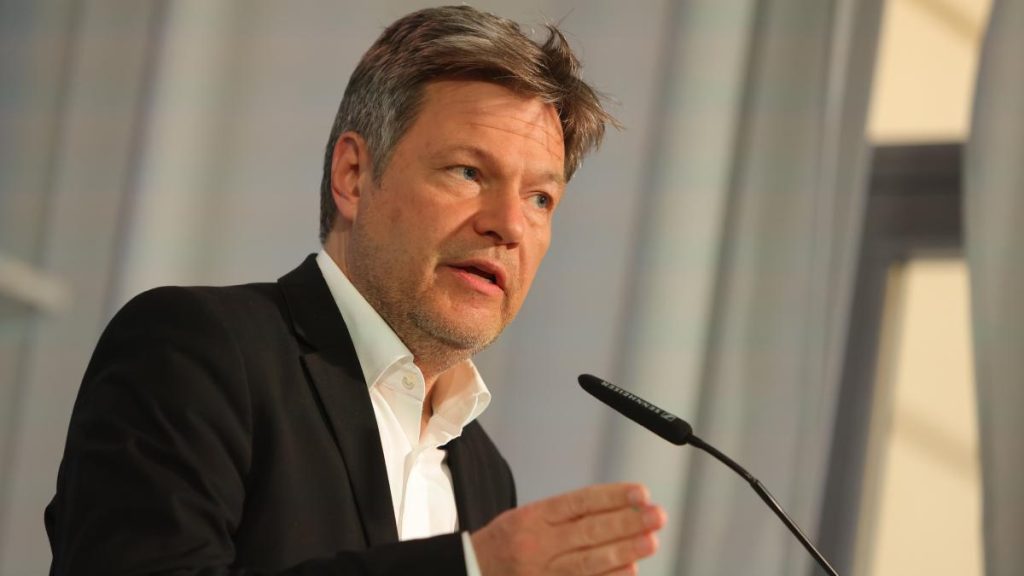Germany’s Vice Chancellor Robert Habeck, a member of the Green Party, delivered a video message on Good Friday, expressing his concern that the war in Ukraine would continue for a long time. He defended the decision to provide weapons to Kyiv, stating that it was also in Germany’s interest to support Ukraine’s security. Habeck also mentioned his oath of office in the video.
In the nearly ten-minute long video message, Habeck acknowledged that peace seemed distant in 2024 due to the ongoing conflict in Ukraine. He expressed doubts about a swift and peaceful resolution to the war, calling it the bloodiest conflict in Europe since 1945. Habeck highlighted that Russia, under President Vladimir Putin, was ramping up its production of weapons, with no end to the conflict in sight.
Amidst debates in Germany about the level of support for Ukraine, Habeck reiterated his stance on providing military aid to the country. He recognized differing views on the matter, particularly those based on moral or religious grounds, but emphasized the necessity of taking action to address the threat posed by the war. Habeck linked Germany’s support for Ukraine to the broader fight for freedom and democracy in Europe.
Habeck referenced his oath of office, emphasizing the government’s responsibility to protect the German people. He underscored the importance of making decisions based on courage and not fear, while also highlighting the need to strengthen Germany and Europe’s defense capabilities. Habeck rejected the idea of freezing the conflict in Ukraine, stating that only the Ukrainian people could decide on the conditions for a ceasefire or resolving the conflict.
Addressing the proposal to freeze the conflict, Habeck disagreed with the idea and stressed the importance of Ukraine’s right to determine the terms for ending the war. He also mentioned criticism faced by SPD party leader Rolf Mützenich for suggesting a ceasefire to facilitate negotiations. Habeck has been increasingly using video messages to communicate important messages, including defending Israel’s security and addressing rising anti-Semitism in Germany.


